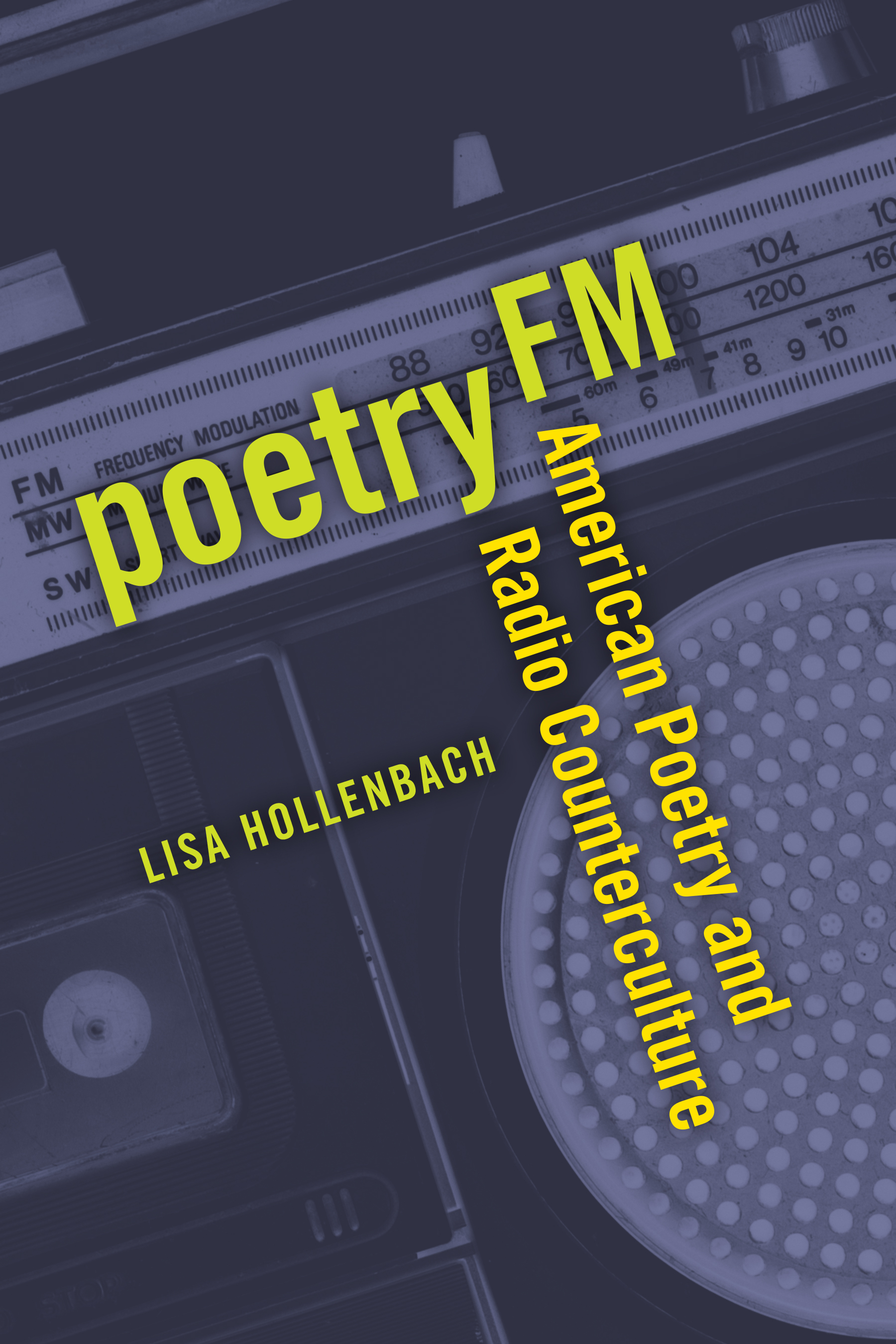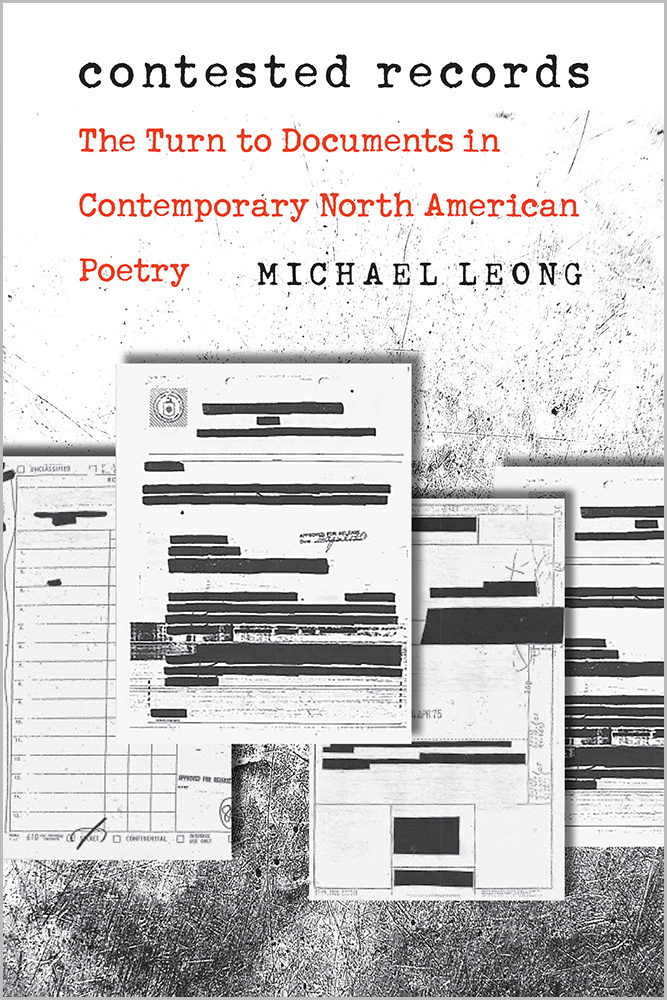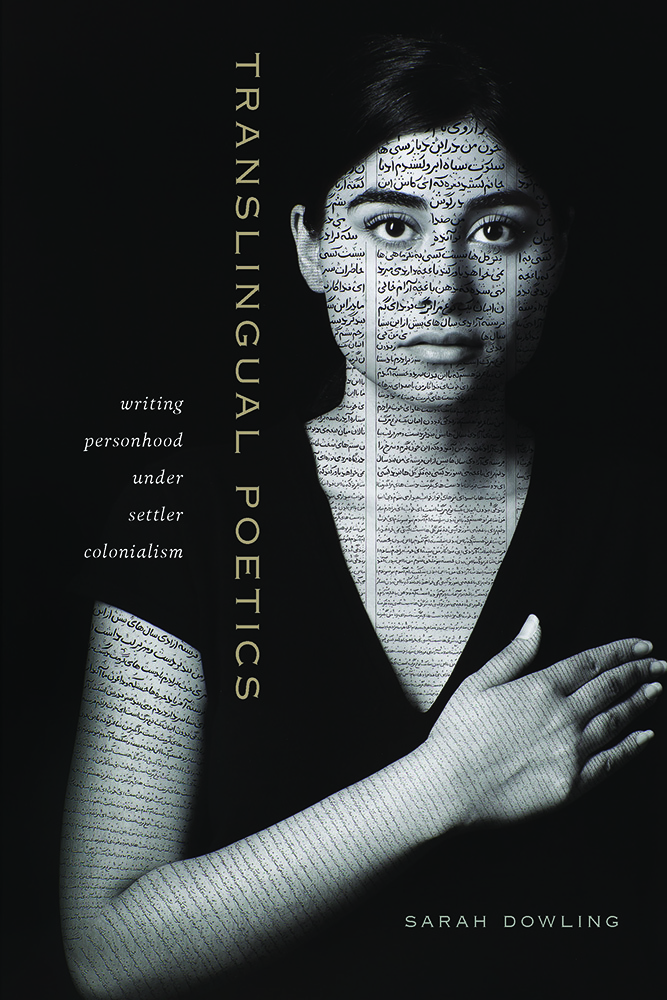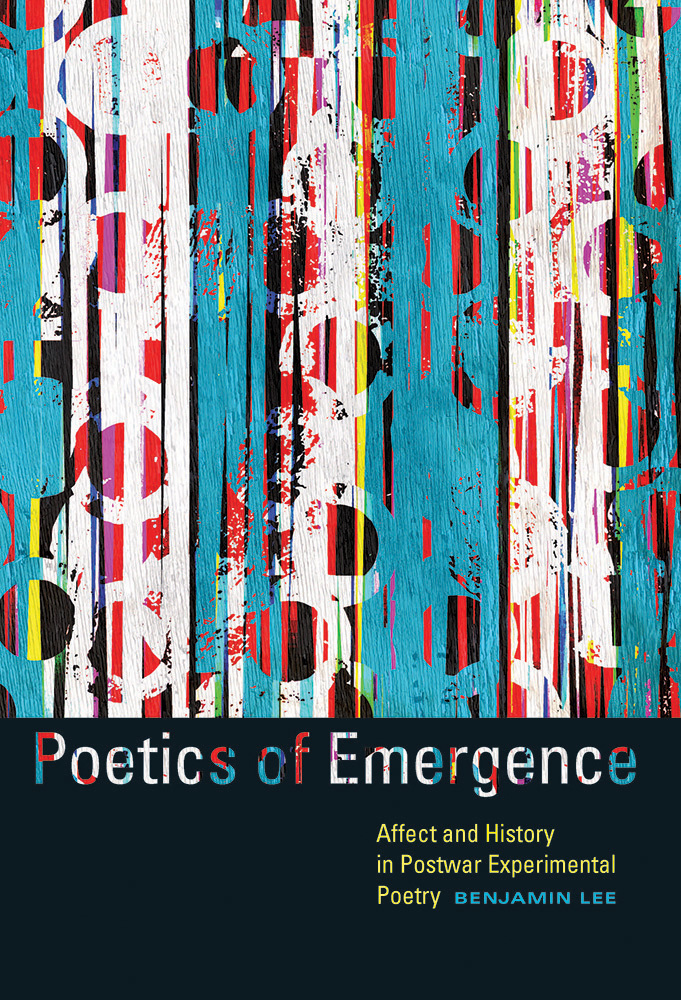Poetry FM is the first book to explore the dynamic relationship between post-1945 poetry and radio in the United States. Contrary to assumptions about the decline of literary radio production in the television age, the transformation of the broadcasting industry after World War II changed writers’ engagement with radio in ways that impacted both the experimental development of FM radio and the oral, performative emphasis of postwar poetry.
Lisa Hollenbach traces the history of Pacifica Radio—founded in 1946, the nation’s first listener-supported public radio network—through the 1970s: from the radical pacifists and poets who founded Pacifica after the war; to the San Francisco Renaissance, Beat, and New York poets who helped define the countercultural sound of Pacifica stations KPFA and WBAI in the 1950s and 1960s; to the feminist poets and activists who seized Pacifica’s frequencies in the 1970s. In the poems and recorded broadcasts of writers like Kenneth Rexroth, Jack Spicer, Allen Ginsberg, Amiri Baraka, Audre Lorde, Pat Parker, Bernadette Mayer, and Susan Howe, one finds a recurring ambivalence about the technics and poetics of reception. Through tropes of static noise, censorship, and inaudibility as well as voice, sound, and signal, these radiopoetic works suggest new ways of listening to the sounds and silences of Cold War American culture.
“Engaging, engrossing, and exuberantly readable, Poetry FM plumbs a largely unexamined archive to brilliantly illuminate postwar poetics, redefining our understanding of the ‘FM Revolution’ by demonstrating how Pacifica Radio enabled new poetic-political collectives and counter-publics.”—Debra Rae Cohen, coeditor, Broadcasting Modernism
“This book is a major contribution to the field, given it argues convincingly for the politics, culture, and technologies of postwar alternative radio as a force that informed and shaped a range of experimental and radical poetries from the 1940s through the 1980s.”—Daniel Kane, author, All Poets Welcome: The Lower East Side Poetry Scene in the 1960s
“Poetry FM is written in a brisk, clear style. Its readability is refreshing given that the book engages throughout with a broader body of theory and scholarship on the sound of poetry and recorded poetry. . . . and that it is meanwhile drawing from and translating to the reader a rich engagement with Pacifica Radio Archives, the Archive for New Poetry at the University of California, San Diego, and over a dozen other libraries and special collections.”—American Literary History Review



